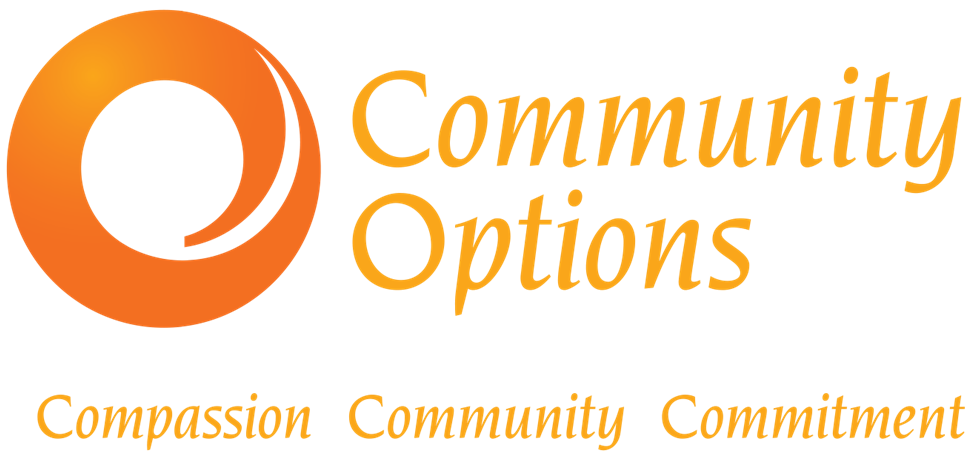Targeted Case Management includes the following assistance:
Comprehensive assessment and periodic reassessment of individual needs to determine the need for medical, educational, social, or other services. These assessment activities include:
- taking individual’s history;
- identifying the individual’s needs and completing related documentation; and
- gathering information from other sources such as family members, medical providers, social workers, and educators (if necessary), to form a complete assessment of the eligible individual.
Referral and related activities (such as scheduling appointments for the individual) to help the eligible individual obtain needed services including:
- activities that help link the individual with medical, social, and educational providers, or other programs and services that can provide needed services to address identified needs and achieve goals specified in the care plan.
Collateral Contacts: case management includes contacts with non-eligible individuals that are directly related to identifying the eligible individual’s needs and care, for the purposes of:
- helping the eligible individual access services;
- identifying needs and supports to assist the eligible individual in obtaining services;
- providing case managers with useful feedback; and alerting Case Managers to changes in the eligible individual’s needs (42 CFR 440.169(e)).
Development (and periodic revision) of a specific care plan based on the information collected through the assessment that:
- specifies the goals and actions to address the medical, social, educational, and other services needed by the individual;
- includes activities such as ensuring the active participation of the eligible individual, and working with the individual (or the individual’s authorized health care decision maker) and others to develop those goals;
- identifies a course of action to respond to the assessed needs of the eligible individual; and
Monitoring and follow-up activities:
- activities and contacts that are necessary to ensure the care plan is implemented and adequately addresses the eligible individual’s needs, which may be with the individual, family members, service providers, or other entities or individuals and conducted as frequently as necessary, and including at least one annual monitoring to determine whether the following conditions are met:
- services are being furnished in accordance with the individual’s care plan;
- services in the care plan are adequate;
- changes in the needs or status of the individual are reflected in the care plan; and
- monitoring and follow-up activities include making necessary adjustments in the care plan and service arrangements with providers.
Eligibility
Adults with a Serious Mental Illness (SMI) must:
- The condition is expected to be of a duration of a year or longer; and
- The individual must demonstrate at least a moderate level (25 or greater) of functional deficit and disability severity as measured by the most current version of the World Health Organization Disability Assessment Schedule (WHODAS). The self-administered version is required, but the proxy version will be accepted with a documented reason for using the proxy version; and
- In addition to the clinical diagnostic and functioning requirements above, one of the following is required:
- The individual has undergone psychiatric treatment more intensive than outpatient services more than once related to their mental illness, or
- The individual has a history of documented problems resulting from mental illness for at least one year verified by family or local provider; or
- The individual has experienced a single episode of continuous structured supportive residential care other than hospitalization for at least two months.
Children with a Serious Emotional Disturbance (SED must):
- To be having a psychiatric crisis or emergency which requires emergency intervention to prevent institutional placement; or
- To be in need of long-term mental health services.
Looking to Apply?

Get in Touch
If you do not qualify for the program above or are looking for other resources, please contact us through our chat or contact form.
